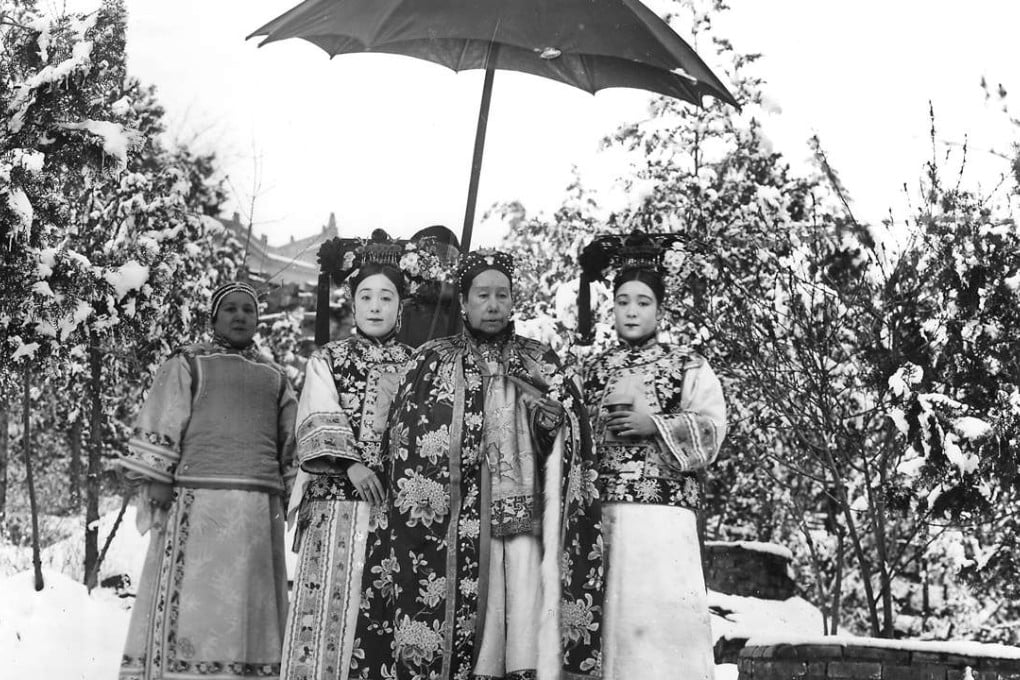Reflections | The true story behind China’s Hundred Days’ Reform
Empress Dowager Cixi was not the arch-conservative that Chinese plays and popular myth would have you believe

I watched an excellent Beijing Fayuansi play recently. Produced by the National Theatre of China, it is a dramatic account of the final days of the abortive Hundred Days’ Reform of 1898. A popular narrative of the 103-day political movement pitted the young Emperor Guangxu, who championed the cause of the reformists, against the conservatives, led by his aunt, Empress Dowager Cixi.
Cixi won, placing Emperor Guangxu under house arrest until his death in 1908, and China missed an early opportunity to become a modern nation. This is the version of events storytellers and television writers prefer but history is more nuanced.
Cixi wasn’t the arch-conservative of popular myth. She had sanctioned the Self-Strengthening Movement after China’s successive military defeats by European powers in the mid-19th century. She also gave her tacit approval when Emperor Guangxu initiated the Hundred Days’ Reform, which would overhaul China’s education system, economy, armed forces and political system – the ultimate goal being a constitutional monarchy like those of Japan and Britain.
Several factors compelled Cixi to put a stop to the reforms, including the reformists themselves, who antagonised and alienated many with their radicalism and arrogance, and the racial bent the movement was perceived to be acquiring, wherein the Han majority would rid China of its Manchu rulers.
The failure of the reforms prompted an even more extreme political response: revolution, which would come shortly, in 1911.
